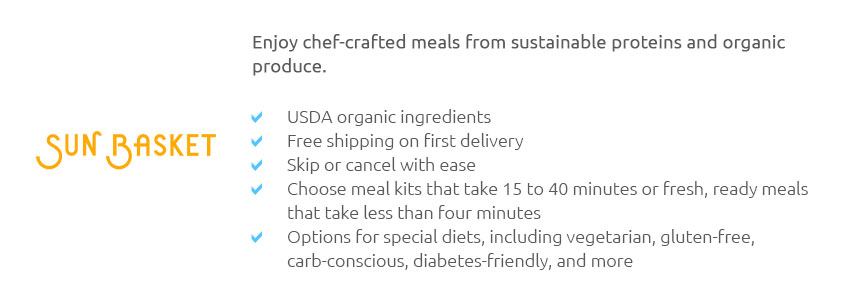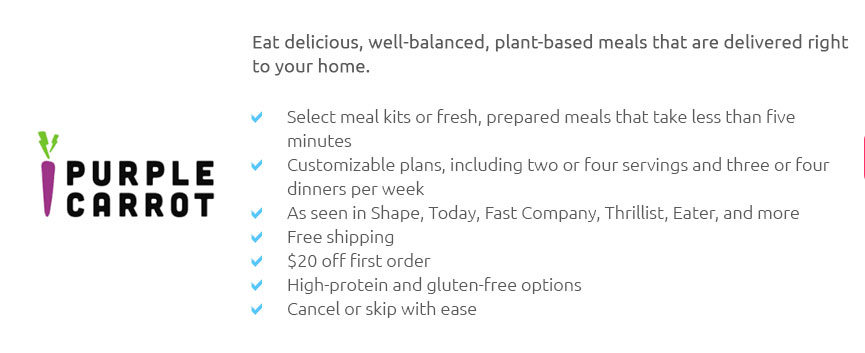 |
 |
 |
|---|
 |
|---|
 |
||||||
|---|---|---|---|---|---|---|
|
||||||
 |
 |
|||||
 |
 |
|||||
 |
 |
|||||
 |
 |
|||||
 |
 |
|||||
 |
 |
|---|
|
dr2e8qnb9mi Exploring the World of Organic Ready-to-Eat Meal DeliveryIn today's fast-paced world, where time often seems to slip through our fingers like grains of sand, the concept of meal delivery has evolved dramatically, transcending mere convenience to embrace health and sustainability. Organic ready-to-eat meal delivery services have become a burgeoning industry, catering to those who desire nutritious meals without the hassle of preparation. While the benefits of these services are manifold, ranging from time-saving to promoting a healthier lifestyle, there are common pitfalls that consumers should be aware of to make informed choices. First and foremost, understanding what constitutes 'organic' is crucial. The term is often misunderstood or used loosely, leading to consumer confusion. According to certified standards, organic meals are prepared using ingredients grown without synthetic pesticides, fertilizers, and genetically modified organisms. However, some companies might label their meals as organic with only a fraction of their ingredients meeting these standards. It is vital for consumers to verify certification from recognized bodies to ensure authenticity. Additionally, portion sizes can be deceptive. Many services market their meals as healthy and balanced, yet the portion sizes may not align with individual dietary needs, which can lead to over- or under-eating. It's advisable to check nutritional information and adjust your intake accordingly. Moreover, the concept of sustainability, while a selling point for many organic meal services, can sometimes be overlooked in practice. Packaging is a significant concern; although many companies claim to use eco-friendly materials, consumers should be vigilant about the actual environmental impact. Opting for services that prioritize minimal and recyclable packaging can contribute to more sustainable choices. Another consideration is taste and variety. While the health benefits are paramount, the palatability of meals should not be compromised. Some services offer limited menus which might not cater to diverse palates or dietary restrictions. It's beneficial to explore services that provide a wide range of options and have flexible plans to accommodate dietary preferences such as vegan, gluten-free, or low-carb. Furthermore, cost is an unavoidable factor. Organic meals tend to be more expensive due to the quality of ingredients and preparation involved. However, there are ways to balance cost with benefits, such as choosing subscription plans or bulk orders that offer discounts.
In conclusion, while organic ready-to-eat meal delivery services present an appealing solution for those seeking convenience and health, being mindful of these common mistakes can lead to more satisfying and beneficial experiences. As consumers, embracing a more informed approach not only enhances our personal well-being but also supports the broader movement towards sustainable and ethical eating practices. https://sunbasket.com/?srsltid=AfmBOophyXMqlC1aPWUXwCp3pbQ1-X5s0jQvcGo1oRhVExPBXFw8S8t5
We believe everyone deserves to enjoy good food made from clean, high-quality ingredients and organic fresh produce. Sunbasket offers healthy meals delivered, ... https://www.reddit.com/r/austinfood/comments/1gknj8y/organic_delivered_meals_service_exist_in_austin/
Mindful Meals delivers and is seed oil free, seasonal/local, plant based. You can always add meat if that's your thing. Everything I've tried ... https://idealnutritionnow.com/products/fresh-healthy-low-carb-organic-meal-delivery
Catering to the growing demand for organic meal delivery, Ideal Nutrition is proud to offer a range of organic, wholesome meal options.
|
|---|


